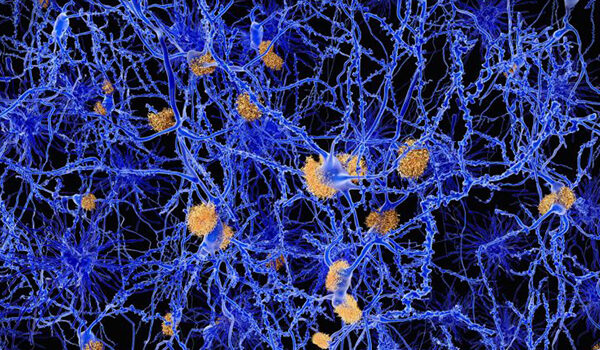The first and only analysis of clinical trials that were aimed at developing a drug that could be a potential cure for Alzheimer’s disease indicate the potential for developing such a drug is marginal at present. The research headed by Dr. Jeffrey L. Cummings, Director of the Cleveland Clinic Lou Ruvo Center for Brain Health, aimed to find why clinical treatments developed to at minimum mitigate Alzheimer’s symptoms have such a high failure rate.
The researchers used data collected from the National Institutes of Health web site ClinicalTrials.gov to evaluate the success rate of Alzheimer’s drug trials from 2002 to 2012. The study found that the small number of drugs that are in development is declining. Past clinical trials for Alzheimer’s drugs had a 99.6 percent failure rate. These results apply in majority to trials conducted in the United States although some studies from Europe and Asia were included.
The researcher report that the Centers for Disease Control estimates that 44 million people across the world have Alzheimer’s. The most recent data collected by the Alzheimer’s Association indicates that the rate of Alzheimer’s in the United States is expected to double in the next fifty years. The cost of treating Alzheimer’s has outpaced both cancer and heart disease in the United States in the last decade.
The researchers show that there are a minimal number of drugs in development for Alzheimer’s relative to other diseases. The study recommends an immediate restructuring of research to increase the number of Alzheimer’s drugs being investigated to prevent an overwhelming cost for care within the next 50 years. One of the characteristics of disease research in the United States that may be hampering a cure for Alzheimer’s is the persistence in development of treatments that produce a monthly payment from insurance or Medicare.








